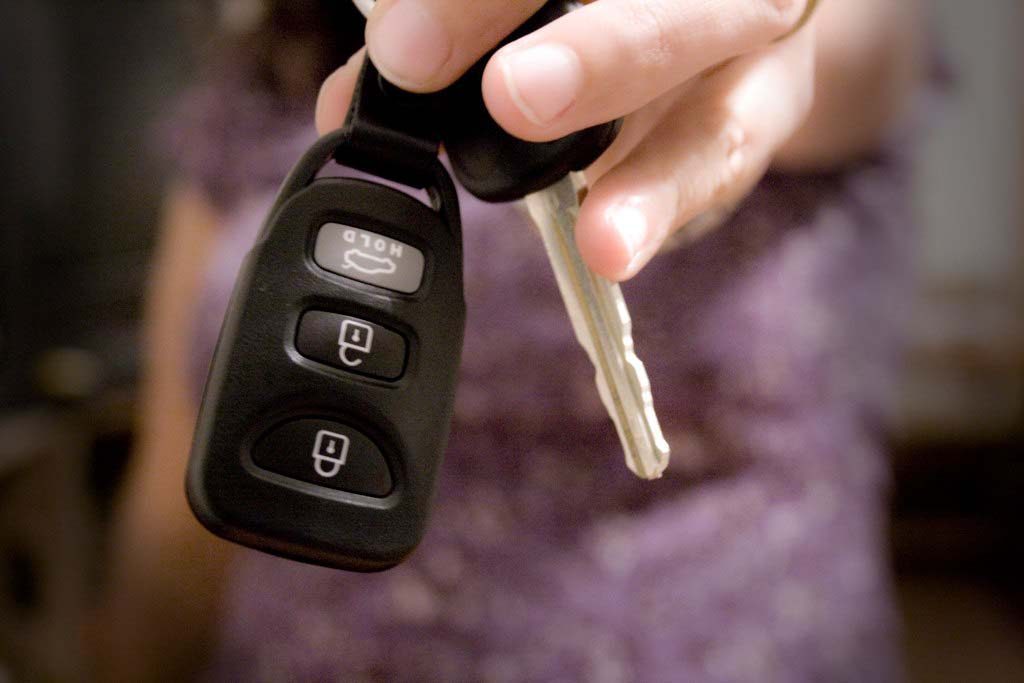
Authorities in Qatar are once again considering introducing a price ceiling on new cars sold in the country, in the wake of motorists’ complaints that vehicles cost more here than in other Gulf states.
The State Cabinet has reportedly tasked the Ministry of Economy and Commerce (MEC), which runs the Consumer Protection department, to conduct a study of car dealers internationally, and find out the costs involved in importing vehicles to Qatar.

The MEC would then give recommendations for the profit it believes car dealerships in Qatar should make on each sale, and subsequently set the maximum price for vehicles being sold in showrooms, the Peninsula reported.
The goal of such a plan would be to prevent alleged “price manipulations” by dealers, as some consumers complain they are being overcharged for a car in Qatar compared to what residents are paying in neighboring countries.
Qatar has been discussing the idea of implementing new vehicle price ceilings for a number of years, although in September last year, a senior official from the MEC said it did not plan to roll them out.
Youssef Al Suwaidi was quoted in the Peninsula at the time as saying that Qatar was a free market that encouraged competition among suppliers.
“We keep receiving complaints from the people that cars in Qatar are quite expensive as compared to the neighboring countries. We tell the people that there are various brands of cars available in Qatar and they have varying price ranges, so they should buy the cars that suit their budget,” he said.
Dealers’ view
A representative of a leading car distributor in Qatar told Doha News that claims of dealers inflating the costs of new cars in the state were “not necessarily accurate.” He continued:
“We track all our brands within the GCC market. The prices of cars in Qatar is not out of line. Some models here might be a bit more expensive, but other models are cheaper.
Qatar customers also generally like to order cars with a higher level of specification than in other parts of the Gulf. So these cars will cost more.”
The public perception that dealers make big profits on vehicles sold in Qatar is also incorrect, he said, particularly because these businesses face rising staffing and rental costs for their premises.
“Our margins are not even close to double digits. They are not very high at all,” he added.

The representative said that the MEC already strictly monitors and controls the cost of all goods on sale in the state. Distributors who want to raise the price of any good have to formally apply for permission from the ministry’s consumer protection department.
Ultimately, the introduction of an official price ceiling on new cars could give customers a worse deal, the manager warned:
“We are always happy to work with the government to improve service to the customer. However, we operate under tremendous margin pressures. We don’t yet know what sort of margin they think will be reasonable for us. As long as it is a realistic figure then we can work with it.
But if it is unrealistic, then that could harm consumers. If we as a company are not making money then we won’t be able to invest in facilities like customer service,” he added.
Around 90,000 new cars were sold in Qatar in 2014, with sales for this year expected to hit 100,000, according to a senior official of Al Fardan Automobiles who was quoted in the Peninsula at the end of last year.
Thoughts?







